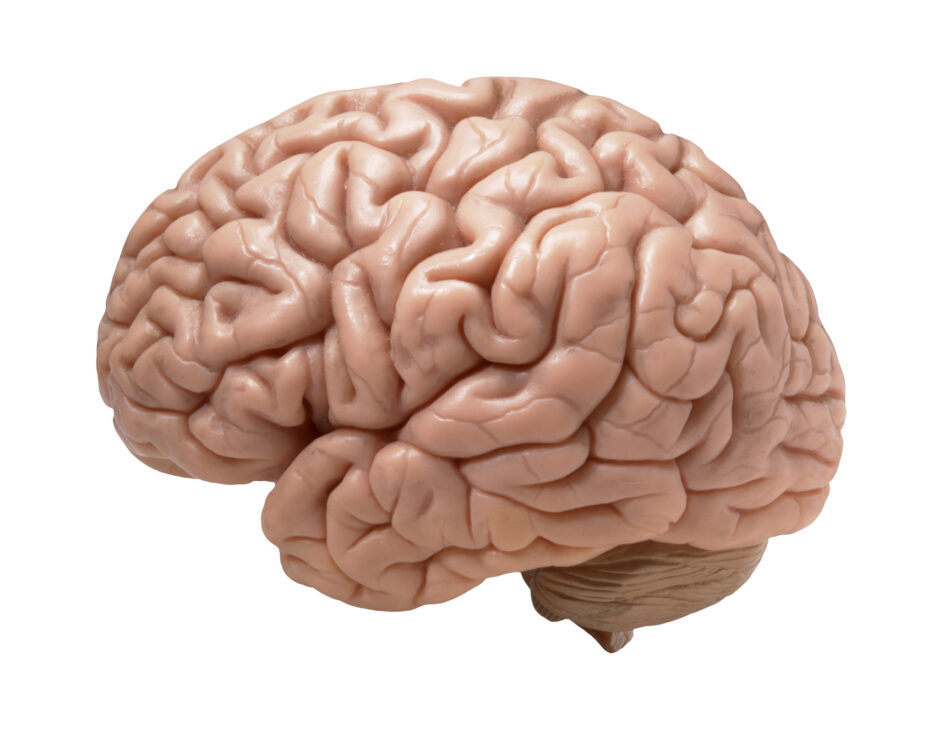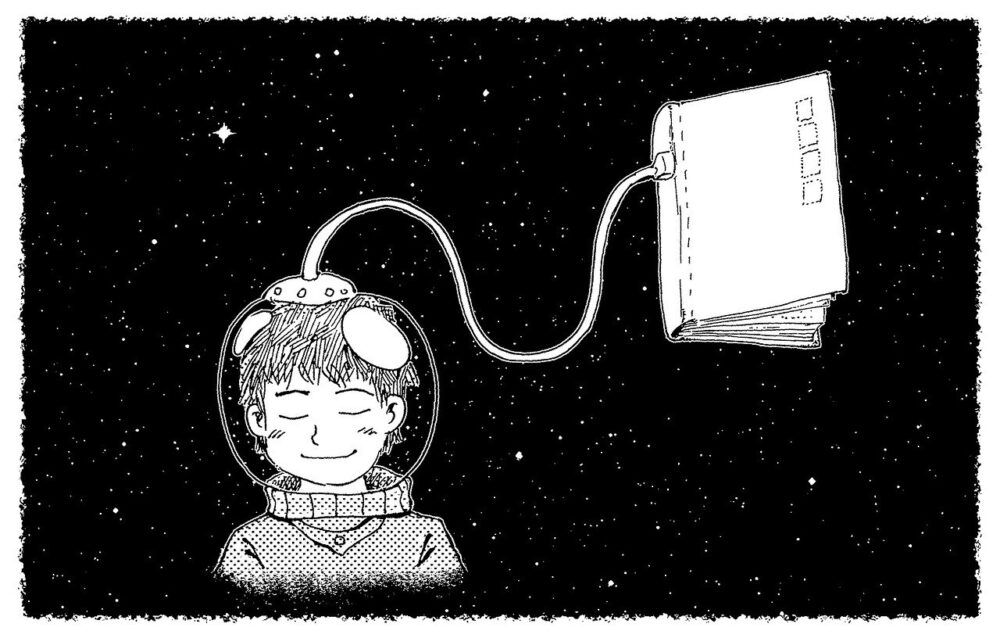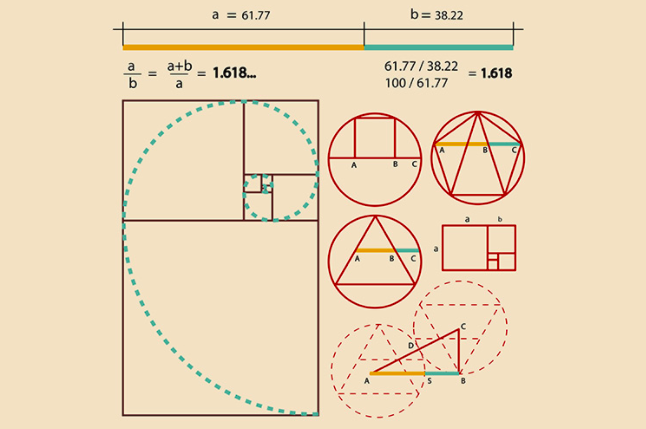The quantum probability of genetic mutations
DNA is the genetic information in each of our cells that encodes specific genes and characteristics. Although this source of genetic information seems like something that should be stable and unchanging, it can be influenced by the randomness of physics phenomena, and these resulting genetic changes can drive evolution. Spontaneous genetic mutations, potentially explained by […]
The quantum probability of genetic mutations Read More »








